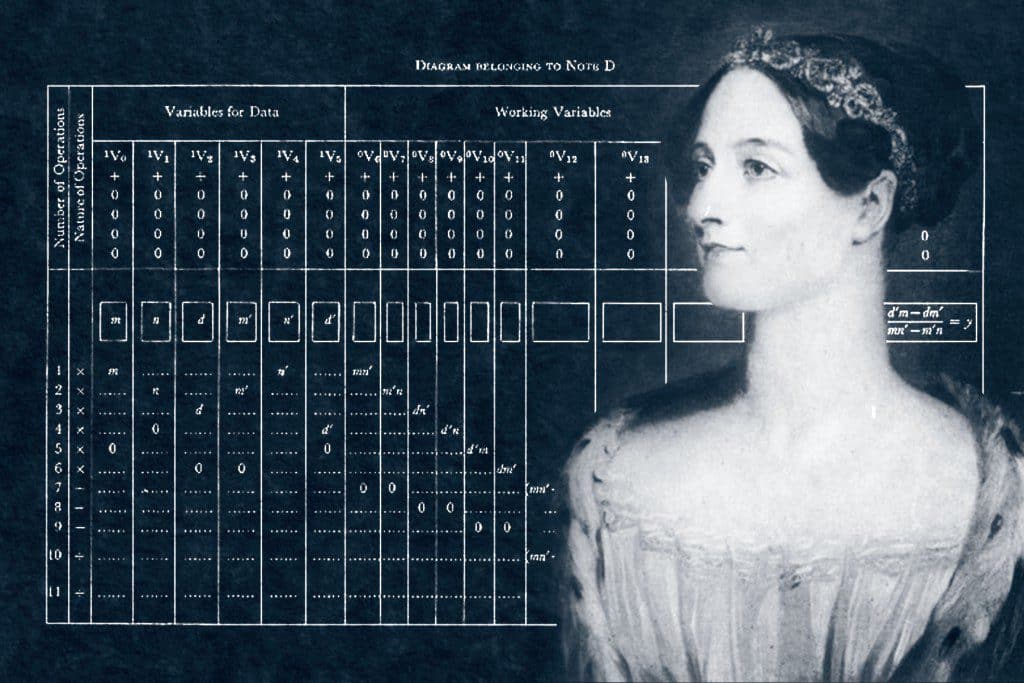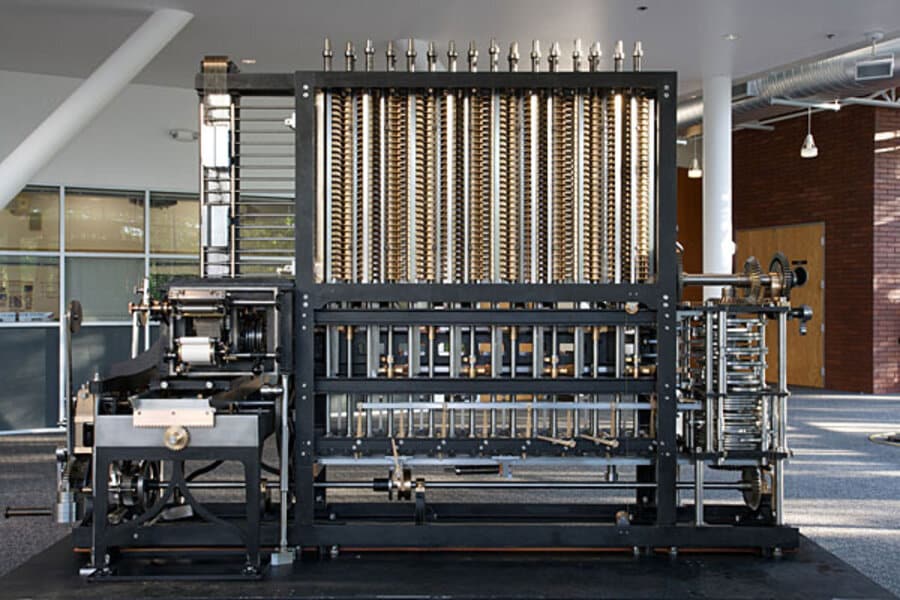Computer programming is an integral part of our daily lives, powering everything from our smartphones to the most sophisticated supercomputers. But have you ever wondered about the first program ever made? Who wrote it, and what did it do? In this article, we will trace the origins of computer programming and explore the story behind the first program ever made.
The Origins of Computer Programming
The history of computer programming dates back to the early 19th century when mathematicians began to develop algorithms and mathematical models to solve complex problems. In the mid-1800s, Ada Lovelace, a British mathematician, collaborated with Charles Babbage, the inventor of the Analytical Engine, a precursor to the contemporary computer. Lovelace is widely considered the world’s first computer programmer, as she wrote the first algorithm designed to be processed by a machine. Her work inspired generations of computer scientists and engineers to come.
The first computer program ever made was written by Ada Lovelace in 1843. The program was designed to calculate the sequence of Bernoulli numbers, a mathematical sequence that has important applications in number theory, combinatorics, and probability. Lovelace’s program was designed to be executed on Charles Babbage’s Analytical Engine, a mechanical computer that was never fully built during his lifetime.
Lovelace’s program was a set of instructions written in code that the Analytical Engine could read and execute. She used a notation system called “symbols,” which was similar to the binary code used in modern computers. Lovelace’s program was groundbreaking, as it showed that a machine could be programmed to perform complex mathematical calculations.
The Legacy of Ada Lovelace
Ada Lovelace’s grants to computer science were not fully appreciated until the 20th century. In the 1950s and 1960s, computer scientists began to study her work and recognized her as a pioneer in computer programming. Lovelace’s ideas about the potential of computers and their ability to perform tasks beyond mathematical calculations were ahead of her time. She envisioned the use of computers in music, art, and even the creation of new forms of knowledge. Today, Ada Lovelace is celebrated as a trailblazer for women in engineering, science, technology, and mathematics (STEM) fields. In 2009, the United States Department of Defense named a computer language “Ada” in her honor, and the second Tuesday in October is honored as Ada Lovelace Day to acknowledge the achievements of women in STEM.
After Ada Lovelace’s pioneering work, computer programming continued to evolve. In the early 20th century, punch cards were used to program early computers, which were large, room-sized machines that required extensive programming to perform even simple tasks. In the 1940s, the first high-level programming languages were developed, making it easier for programmers to write code that could be executed on computers.
In the 1970s, the expansion of personal computers and the internet led to a surge in demand for computer programmers. Programming languages such as BASIC and FORTRAN became popular, and new programming languages were developed to meet the growing demand for software development. Today, there are hundreds of programming languages used by developers around the world.
As computers become more powerful and ubiquitous, the future of computer programming is bright. New technologies such as artificial intelligence, machine learning, and the internet of things (IoT) are driving demand for new programming languages and skills.




